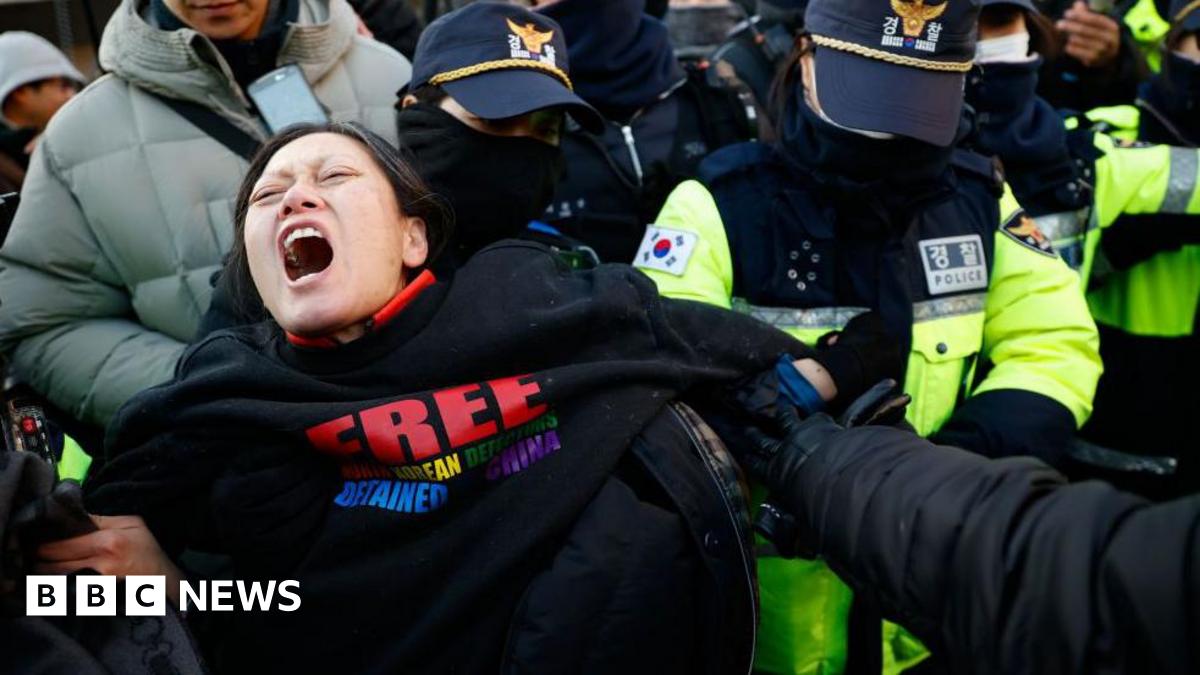The “simplest” solution, Mr Lee says, is for acting president Choi to order the PSS to stand down in the interim.
“If he is unwilling to do so, that may be grounds for his own impeachment by the National Assembly,” he added.
Choi, who is the finance minister, had stepped in to lead the country after lawmakers voted to impeach Yoon’s first successor, Prime Minister Han Duck-soo.
This political stalemate also reflects the polarisation in South Korean politics – between those who support Yoon, and his decison to impose martial law, and those who oppose it. And the differences don’t necessarily end there.
The vast majority of South Koreans agree that Yoon’s declaration of martial law on 3 Dec was wrong and that he needs to be held accountable, says Duyeon Kim, an adjunct senior fellow at the Center for a New American Security – but they cannot agree on what accountability looks like.
“The actors involved disagree over process, procedure and their legal basis, which is adding to the current political uncertainty,” she explains.
That uncertainty is also creating tense stand-offs like the one that unfolded on Friday in and outside Yoon’s presidental residence, where his supporters have been camping out for days, leading to heated speeches and even skirmishes with police.
Law enforcement could return with more agents and use force but that would be “highly dangerous,” Assoc Prof Mason said.

